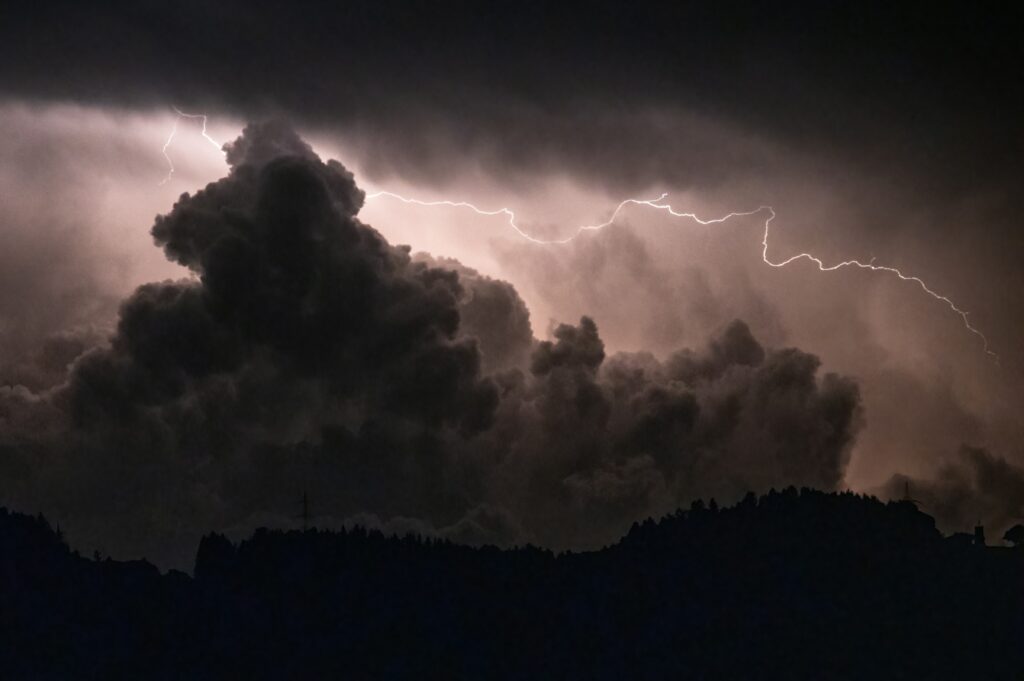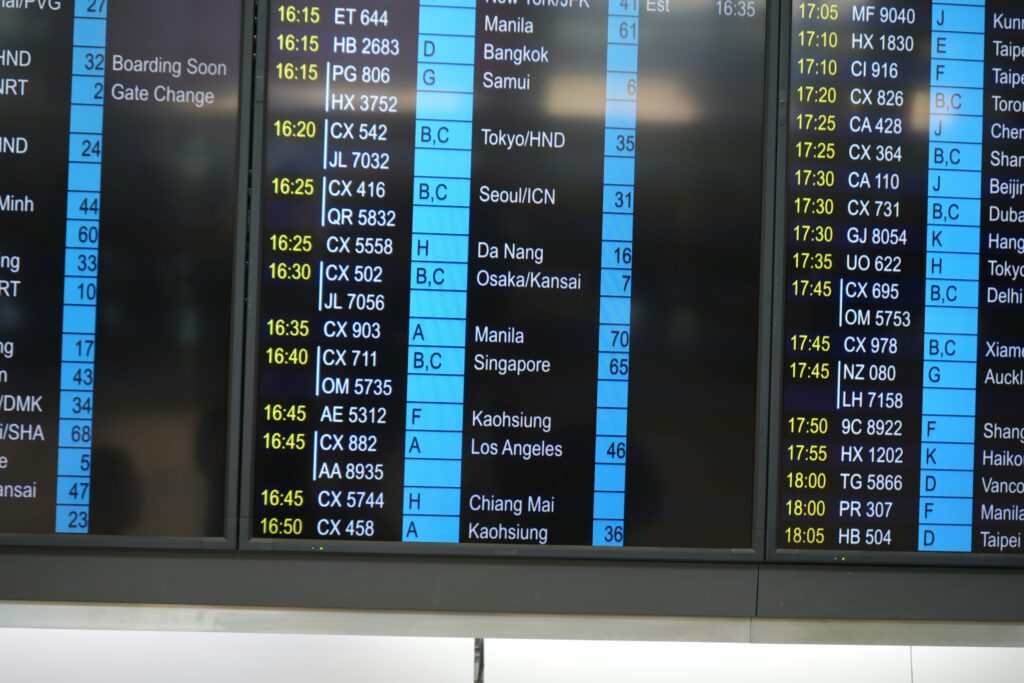“Ever been stuck at the airport, staring at a delayed flight screen while your travel plans crumble faster than your patience? Yeah, us too.”
Travel delays are no joke—they can cost you time, money, and sanity. But what if there was a way to sidestep those frustrations before they even happen? Enter weather tracking apps, your new best friend when paired with travel delay insurance. In this post, we’ll uncover how these apps help you avoid travel mishaps, save on unexpected expenses, and ensure smoother journeys (even when Mother Nature throws tantrums).
Table of Contents
- Introduction to Weather Tracking Apps
- Why Weather Tracks Matter for Travel Delay Insurance
- 5 Best Weather Tracking Apps for Travelers
- How to Use These Apps Effectively With Insurance
- Real-Life Stories: Successes and Pitfalls
- Frequently Asked Questions About Weather Tracking and Insurance
Key Takeaways
- Weather tracking apps provide real-time updates that help anticipate travel disruptions.
- Paring these tools with travel delay insurance can save both time and money during trips.
- Choose an app tailored to your needs—whether it’s hyper-local forecasting or global alerts.
- Leverage technology wisely; don’t rely solely on free versions without premium perks.
- Insurance providers appreciate proactive travelers who minimize risk using smart tech strategies.
What Are Weather Tracking Apps, Really?
Weather tracking apps aren’t just glorified digital thermometers—they’re life savers disguised as data streams. Imagine knowing a snowstorm will hit 48 hours before your flight departs. Armed with such intel, you could adjust plans early enough to avoid costly delays or cancellations.
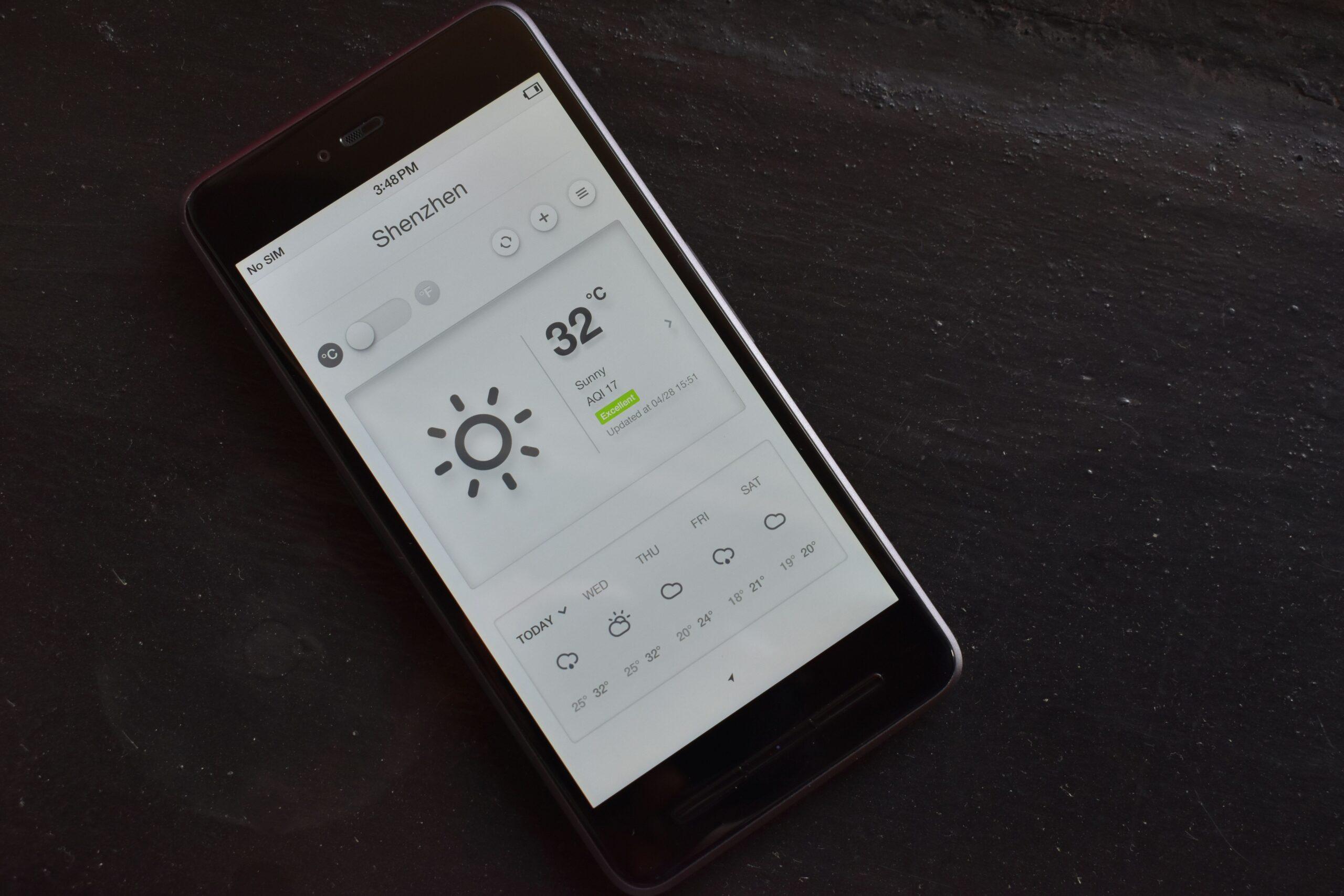
A confession here: I once ignored multiple storm warnings because I thought my favorite coffee shop near the airport would make everything better. Spoiler alert—it didn’t. Instead, I ended up stranded overnight, eating vending machine pretzels like some sort of dystopian survivalist.
“The optimist in me says: Download one of these apps now!”
“The grumpy me replies: Ugh, fine—but only if you promise not to delete it after the first sunny forecast.”
Why Do Weather Alerts Matter for Travel Delay Insurance?
So, why should you care about syncing weather apps with your policy? Simple math: airlines don’t always compensate for delays caused by storms or other “acts of God.” However, many travel insurance packages include coverage for extended layovers due to severe weather conditions—if you can prove them.
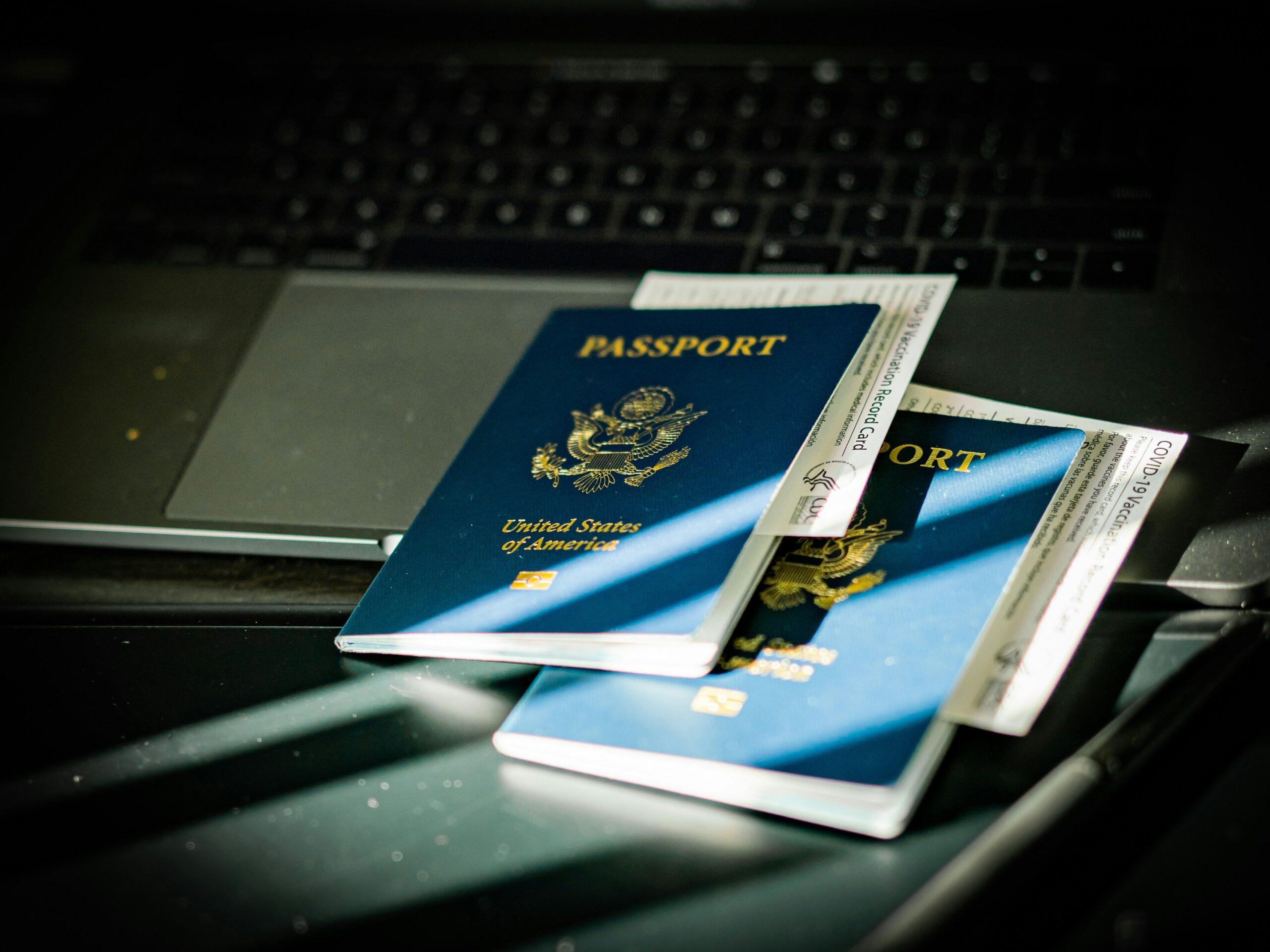
Here’s where things get spicy. If you have documented proof from a trusted weather app showing how chaotic the skies were over your departure city, your insurer is far more likely to process your request quickly. Plus, having preemptive knowledge means fewer last-minute scramble situations—a win-win.
The Top 5 Weather Tracking Apps Every Traveler Needs
Let’s dive into the good stuff—the cream of the crop among weather trackers designed specifically for globetrotters:
- AccuWeather: Precision forecasting down to minute-by-minute updates. Perfect for Type-A planners.
- Dark Sky: Hyper-localized notifications so accurate, it feels like cheating physics itself.
- Windfinder: For water sports enthusiasts and adventure junkies needing wind patterns and wave heights.
- Weatherbug: Boasts impressive lightning detection features crucial for avoiding electrical surprises mid-trip.
- ClimaCell: AI-powered forecasts blending human analysis with cutting-edge tech wizardry.
(Side note: Avoid relying on random gimmicky apps full of cat GIFs masquerading as “forecasters.” Terrible tip alert: Don’t download anything promising Dorito-flavored precipitation predictions.)
Using These Tools Wisely to Back Up Your Claims
When combining weather apps with travel delay insurance, follow these steps:
- Enable push notifications ahead of your trip.
- Screenshot critical information like storm warnings or expected impact zones.
- Save screenshots securely in cloud storage (Google Drive works well).
- Contact your insurer early if potential issues arise—preparation impresses claims agents!
- Always double-check terms of service for exclusions related to natural disasters.
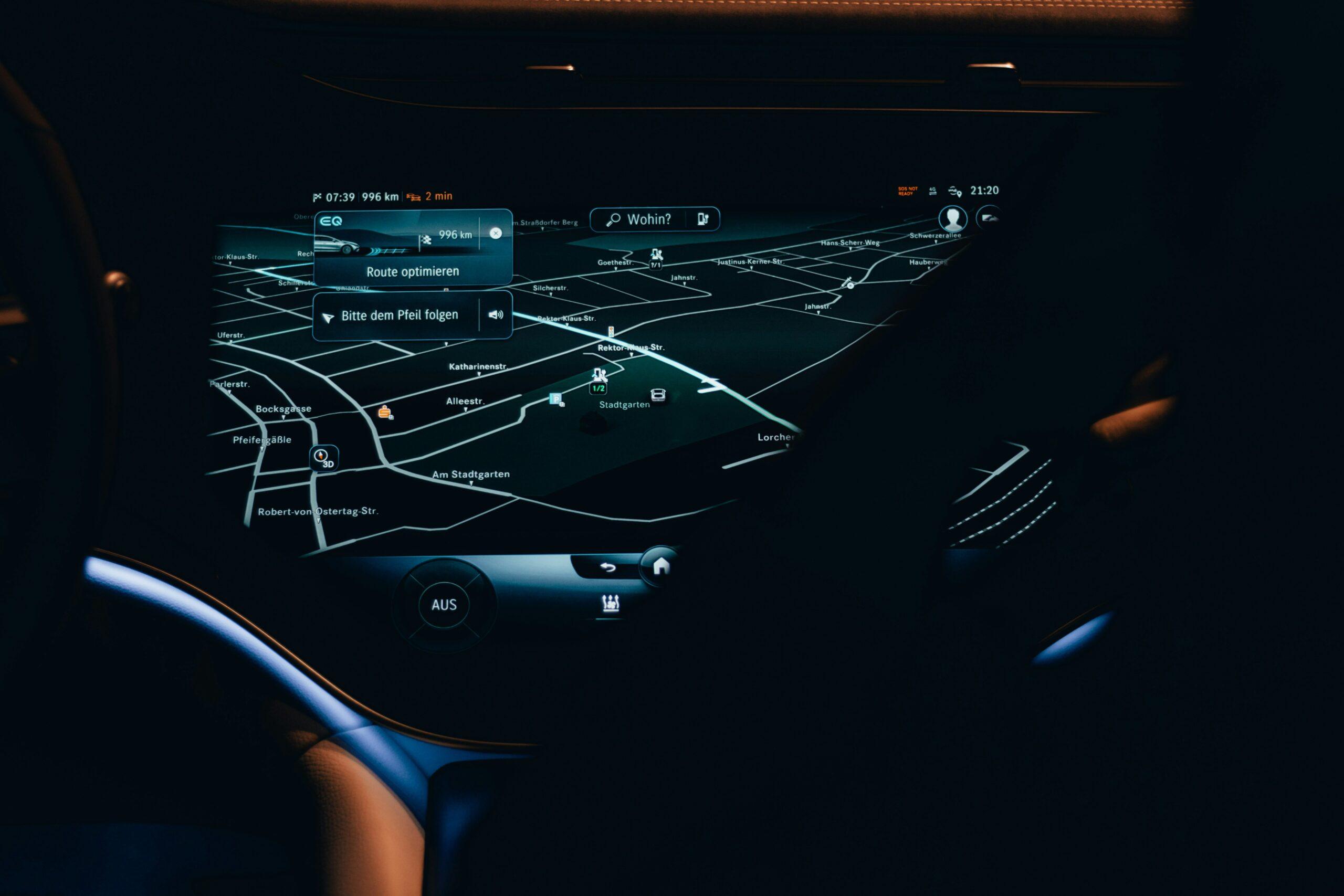
Real-Life Success Stories (& Epic Failures)
Consider Sarah, who used Dark Sky to predict heavy fog over Denver days before her flight. By rescheduling proactively and documenting every step through emails and screenshots, she smoothly filed for compensation under her travel delay clause. Result? A $400 payout plus saved sanity points galore.
Then there’s Dave—poor Dave—who dismissed constant hurricane alerts because his buddy swore Gulf Coast winds weren’t *that bad.* Fast forward three missed connections later, he learned the hard way about being overly chill in chaos.
FAQs About Weather Tracking and Insurance
Can I File a Claim Based on Weather Updates From Any App?
Ideally, choose reputable sources recognized by insurers themselves. Apps known for precise analytics carry weightier evidence.
How Far in Advance Do I Need to Start Checking Forecasts?
Begins monitoring at least two weeks prior. Long-range projections improve accuracy closer to the event window (72 hours out tends to stabilize).
Is There a Worst-Case Scenario for Using This Strategy?
Yes—over-reliance on unreliable apps or failing to cross-reference info across platforms might backfire spectacularly.
Conclusion
Pairing weather tracking apps with travel delay insurance transforms uncertainty into control. Whether you’re dodging hurricanes or preemptively booking hotels, leveraging modern tools gives peace of mind (and maybe even refunds).
Meme moment: Much like remembering sunscreen on beach vacations, staying informed prevents unnecessary stress. Keep calm, track storms, and travel on!
And finally…a haiku:
Clouds gather above, Phones buzz with weather alerts— Safe travels await.
